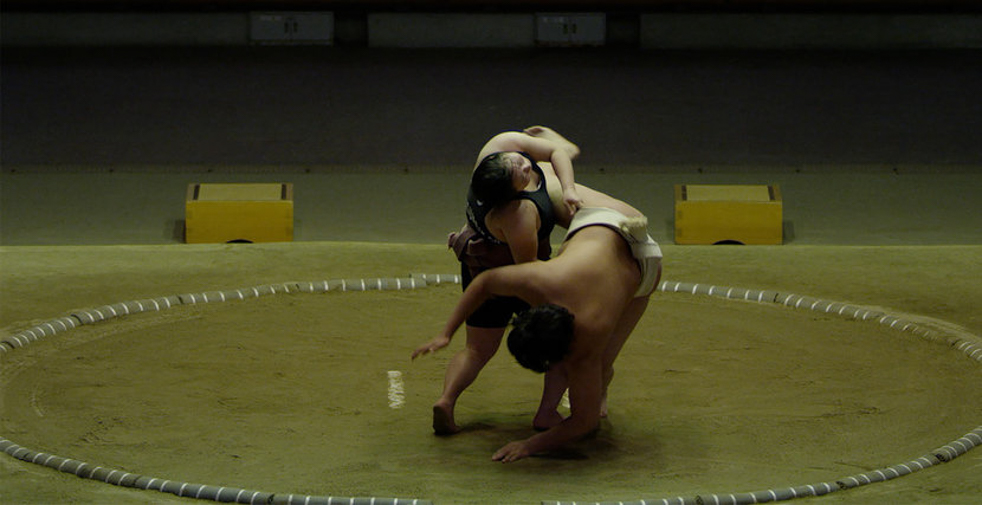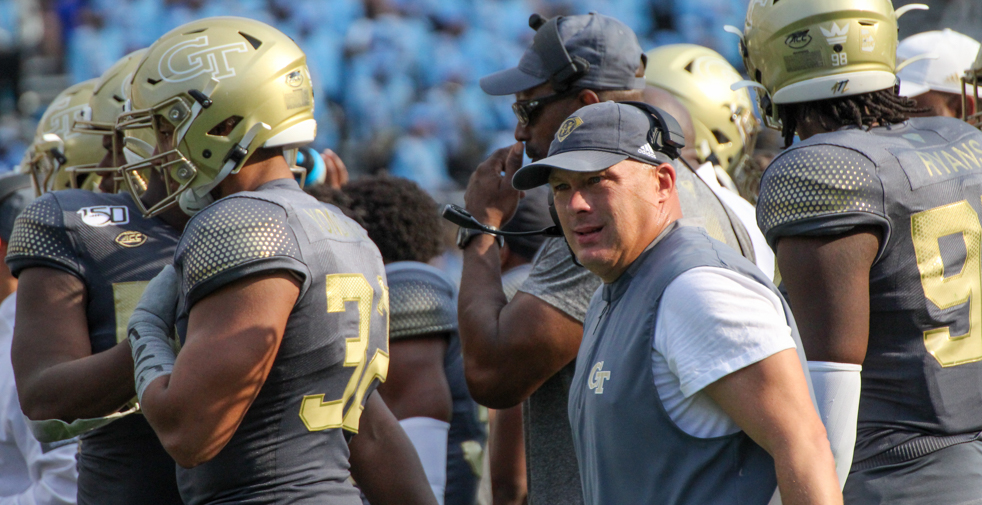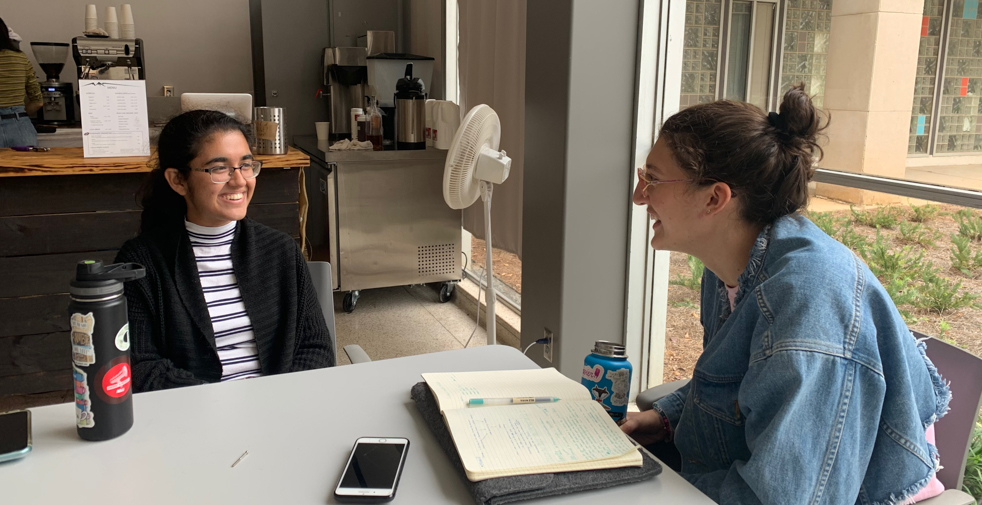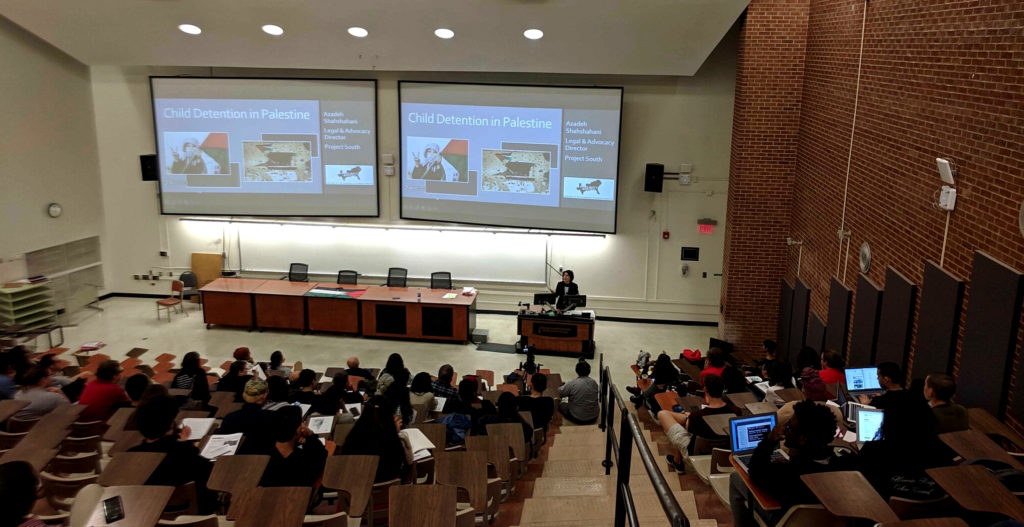
This last weekend saw the release of one of the best movies of 2019, if not the singular best. Pick any appealing movie quality — humor, entertainment, thrills, frights, emotions or meaning — and it is probably present in “Parasite.” Americans might scoff at this suggestion, as many of them may not even be aware of the film’s existence, let alone its subject.
“Parasite” is a genre-bending movie about class dynamics, told through the entanglement of families of opposite social statuses. Equally funny, insightful and thrilling, the script cleverly surprises at every turn. Actors charm and humor, but never once drift beyond reality. Most vitally, though, the deft filmmaking on display is a masterclass work from the auteur Bong Joon-ho.
Yes, “Parasite” like its filmmaker comes from South Korea. Still, American viewers should not allow the foreign language and subtitles dissuade attendance to one of 2019’s few must-see feature films.
For Americans unfamiliar with his work, Bong is a 50-year-old South Korean writer-director. He first made his name with the 2003 crime story “Memories of Murder” and the 2006 monster movie “The Host,” both of which were produced in his country of origin.
More recently, Bong stepped into the more robustly budgeted American industry, making “Snowpiercer” and “Okja.” His works often use fantasy or sci-fi elements to tackle very human themes, eliciting almost universal acclaim from critics. With “Parasite,” Bong returns to his home to explore some of the same concepts that have always fascinated him: social status and family.
Before delving any further into his newest release, it is pertinent to express just how powerful this movie can be for viewers who go in blind. The film defies genre and narrative conventions so much and so well that the experience is best had on the edge of one’s seat without any prior knowledge of what may transpire. In fact, the only audiences who may not respond well are those who are squeamish or uncomfortable with violence.
Co-written by Bong and Han Jin-won, “Parasite” details the employment of the impoverished Kim family by their affluent counterparts — the Parks. After coming into a position as a tutor, Kim Ki-woo(Choi Woo-sik of “Okja”) begins deceiving and tricking the Parks into hiring the rest of his family — played by Park So-dam, Jang Hye-jin and Song Kang-ho — a popular Bong mainstay from “The Host,” among others.
From even the earliest moments, viewers can sense that they are in the hands of greatness. The cinematography dazzles — thanks to the efforts of director of photography Hong Kyung-pyo (“Snowpiercer,” “Burning”) — the dialogue quips and the edits generate rhythm and charm. At its best moments, Bong’s presentation of the Kim’s con-job feels akin to an “Ocean’s Eleven” heist.
While the Parks receive less attention and development than the protagonistic family, “Parasite” proves smart enough not to frame them as villains. Actors Jo Yeo-jeong and Lee Sun-kyun respectively present Mrs. and Mr. Park as naive figures, each projecting the aura and attitudes that accompany their elevated social status.
Up through the film’s initial setup, the “Parasite” experience is immersive and enthralling. Even as Bong puts on a showcase of craft, no techniques or maneuvers jolt audiences out of the movie’s impeccable rhythm and flow; in other words, no element reminds viewers that they are indeed watching a movie. The quality of production is high, but not egregiously flashy.
From this total absorption into the lives and world of the movie, the ensuing sequence of twists and reveals transfix eyes on the screen, dragging audiences along on a thread of Bong’s making. As the narrative quickly descends into chaos and elevates tension, watchers will slouch forward with bated breath as their understanding of the movie drastically changes.
While the filmmaking is unparalleled, the most remarkable feat of “Parasite” is that it somehow sticks the landing. Explanations prove plausible, and conclusions draw throughlines across the two-hour runtime with subtlety. Moreover, meanings and allegories prove effective and powerful, as the specificities of the resolution are simultaneously real and resonant.
Through a stroke of brilliance, no element or quality holds “Parasite” back. Actors put forward real and nuanced performances, without even a scent of the overdramatic. Cinematography, editing and production designs shine and delight with elegance and fluidity. The script is sharp, but subtle. Although thousands of cast and crew deserve credit for the work, Bong’s uniform, impeccable vision draws the collaborative effort into a perfect unison.
Like few others, the genre-defying feature proves the rare film that propels the art form forward, dazzling audiences and critics alike with humor, emotional resonance, visceral thrills and powerful meanings. Audiences should put aside their foreign-language apprehensions and dive into the sensational work of “Parasite,” delivered from one of the world’s best working filmmakers — Bong Joon-ho.









